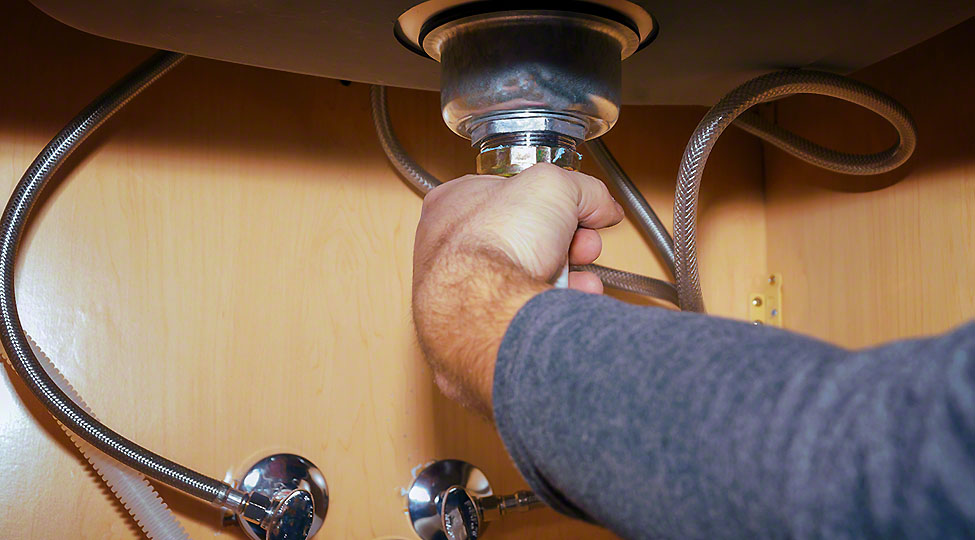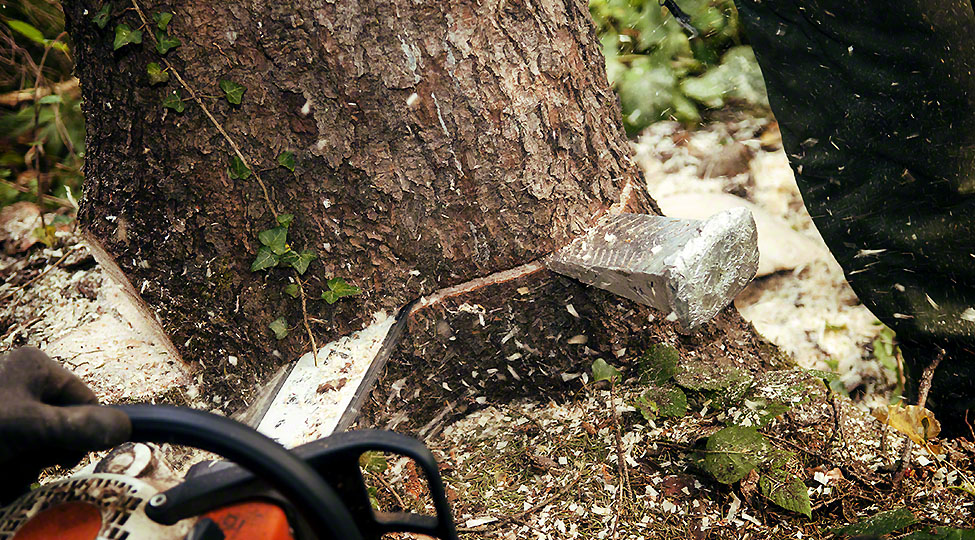Installing a comprehensive water filtration system in your home represents one of the smartest investments you can make for your family’s health and your wallet. Many homeowners spend hundreds or even thousands of dollars annually on bottled water, individual filters, and expensive cleaning products without realizing these costs add up dramatically over time. A whole house solution addresses water quality issues at their source, providing clean water to every tap, shower, and appliance in your home.
Eliminating Bottled Water Expenses
The average American family spends between $500 and $1,200 annually on bottled water, depending on consumption habits and preferred brands. Premium bottled water can cost 1,000 times more per gallon than filtered tap water. These expenses accumulate quickly, especially for families with multiple children or those who prefer bottled water for all drinking and cooking needs.
Single-use plastic bottles create ongoing environmental costs that many communities pass along to residents through increased waste management fees. Recycling programs, while beneficial, still require municipal resources that taxpayers ultimately fund. Reducing bottle consumption helps lower these community costs while benefiting individual household budgets.
Bulk water purchases from warehouse stores might seem economical, but the costs still exceed filtered water by substantial margins. Even generic store brands cost significantly more than home filtration when calculated on a per-gallon basis. The convenience factor of having unlimited clean water at every tap eliminates the need for storage space and heavy lifting associated with bulk purchases.
Home filtration systems provide water quality that often exceeds bottled water standards. Municipal water treatment plants must meet strict federal guidelines, and additional home filtration removes remaining contaminants that concern health-conscious consumers. This quality improvement comes at a fraction of the cost of premium bottled alternatives.
Protecting Expensive Appliances
Hard water and chemical contaminants significantly reduce the lifespan of water-using appliances throughout your home. Dishwashers, washing machines, water heaters, and coffee makers all suffer damage from mineral buildup and corrosive chemicals commonly found in municipal water supplies. These appliances represent thousands of dollars in household investments that require protection from water-related damage.
Mineral deposits create scale buildup inside appliances that reduces efficiency and eventually causes mechanical failures. Water heaters lose efficiency as scale accumulates on heating elements, forcing these units to work harder and consume more energy. Washing machines and dishwashers develop valve problems and pump failures when mineral deposits interfere with moving parts and water flow systems.
Replacement costs for major appliances continue rising each year, making protection increasingly important for household budgets. A quality washing machine might cost $800 to $1,500, while water heaters range from $1,000 to $3,000 including installation. Extending appliance lifespans through improved water quality provides substantial savings that often exceed filtration system costs within just a few years.
Warranty coverage typically excludes damage caused by water quality issues, leaving homeowners responsible for repair and replacement costs. Manufacturers assume normal water conditions when setting warranty terms, but many homes have water that exceeds these assumptions. Filtered water helps ensure warranty coverage remains valid throughout appliance lifespans.
Reducing Maintenance and Repair Costs
Plumbing systems suffer extensive damage from poor water quality over time. Mineral deposits clog pipes, reduce water pressure, and create conditions that promote corrosion. These problems require expensive repairs that professional plumbers charge premium rates to address. Filtered water prevents many of these issues from developing.
Faucet aerators and showerheads require frequent cleaning or replacement when hard water causes mineral buildup. These small maintenance tasks seem minor individually, but the costs accumulate over years of homeownership. Quality fixtures can cost $50 to $200 each, and replacement frequency increases dramatically with poor water quality.
Professional drain cleaning services become necessary more frequently when mineral deposits narrow pipe openings. These service calls typically cost $150 to $300 each, and severe blockages might require pipe replacement costing thousands of dollars. Preventing mineral buildup through filtration eliminates many of these expensive maintenance requirements.
Hot water systems require more frequent maintenance when scale buildup reduces efficiency and damages components. Annual maintenance visits cost $100 to $200, while major repairs can reach $500 to $1,000. Filtered water reduces these maintenance needs while extending system lifespans significantly.
Eliminating Specialized Cleaning Products
Hard water creates soap scum, water spots, and mineral deposits that require specialized cleaning products to remove effectively. These products often cost two to three times more than standard cleaners while containing harsh chemicals that pose health and environmental concerns. Soft, filtered water eliminates the need for these expensive alternatives.
Bathroom and kitchen cleaning becomes much easier with filtered water, reducing the time and products needed for routine maintenance. Soap and detergent work more effectively in soft water, meaning you need less product to achieve the same cleaning results. This efficiency translates to significant savings on household cleaning supplies over time.
Laundry detergent requirements decrease substantially when washing clothes in filtered water. Hard water interferes with soap effectiveness, forcing families to use larger amounts of detergent to achieve satisfactory results. Filtered water allows standard detergent amounts to work properly, reducing monthly laundry expenses considerably.
Glass and surface cleaners designed for hard water removal become unnecessary when your home has quality filtration. These specialized products often cost $5 to $15 per bottle and require frequent replacement. Standard cleaners work effectively with filtered water, eliminating the need for these premium cleaning solutions.
Long-Term Investment Returns
Whole house water filtration Meadville systems typically cost between $1,500 and $4,000 depending on technology and capacity requirements. While this initial investment seems substantial, the annual savings often exceed $800 to $1,500 when you factor in all water-related expenses. Most systems pay for themselves within three years while providing benefits for decades.
Filter replacement represents the primary ongoing cost for most systems, typically ranging from $100 to $300 annually depending on water conditions and system type. This maintenance cost remains far below the expenses of bottled water, appliance repairs, and specialized cleaning products that filtration eliminates.
Property value increases often accompany whole house filtration installations, especially in areas with known water quality issues. Real estate professionals report that water treatment systems appeal to health-conscious buyers who understand the long-term benefits of clean water throughout the home. This added value protects your investment while providing immediate savings.
Energy savings contribute additional value as appliances operate more efficiently with clean water. Water heaters, dishwashers, and washing machines use less energy when mineral buildup doesn’t interfere with their operation. These efficiency gains reduce monthly utility bills while extending equipment lifespans.
Health Cost Considerations
Medical expenses related to water quality issues can reach thousands of dollars annually for affected families. Skin conditions, digestive problems, and respiratory issues sometimes improve dramatically when families switch to filtered water throughout their homes. These health improvements provide savings that extend far beyond direct financial benefits.
Prescription medications for conditions potentially linked to water quality represent ongoing expenses that many families face. While not all health issues relate to water consumption, improving water quality eliminates one potential source of problems. The peace of mind that comes with knowing your family drinks and bathes in clean water has value that’s difficult to quantify financially.
Dental health improvements often accompany better water quality, especially when fluoride levels are properly balanced. Excessive fluoride can cause dental problems, while inadequate levels might not provide optimal protection. Proper filtration helps maintain appropriate fluoride levels while removing other contaminants that could affect oral health.
Children’s developing immune systems particularly benefit from clean water, potentially reducing illness frequency and associated medical costs. Fewer sick days mean less lost productivity for working parents and reduced costs for childcare alternatives. These indirect savings add to the overall financial benefits of home water filtration.
Conclusion
Consider the convenience factor alongside financial benefits when making your decision. Having unlimited clean water at every tap eliminates shopping trips, storage requirements, and the physical effort of handling heavy water containers. Bottled water home delivery Warren services might seem convenient, but they cost significantly more than home filtration while creating ongoing delivery scheduling and storage challenges.

